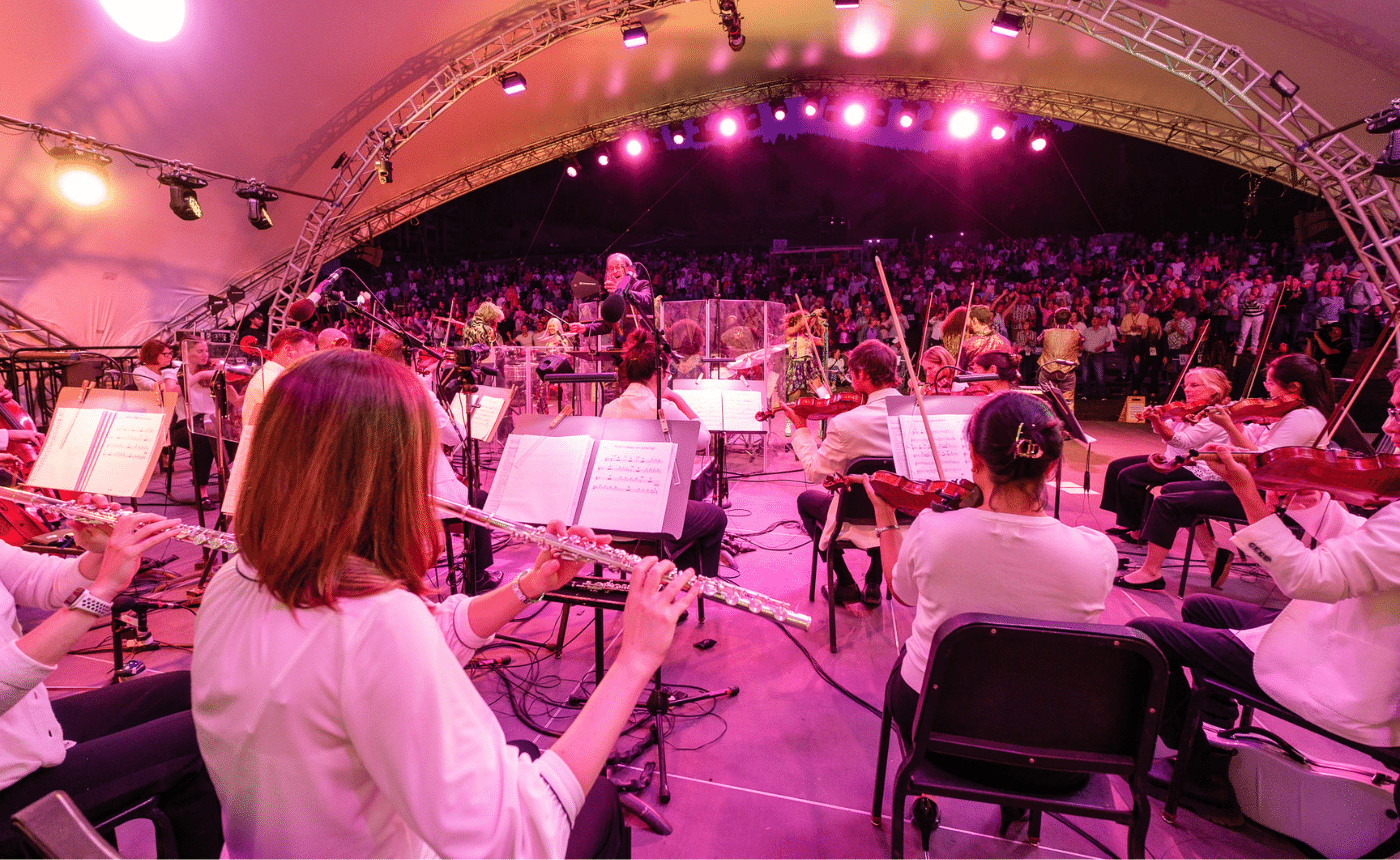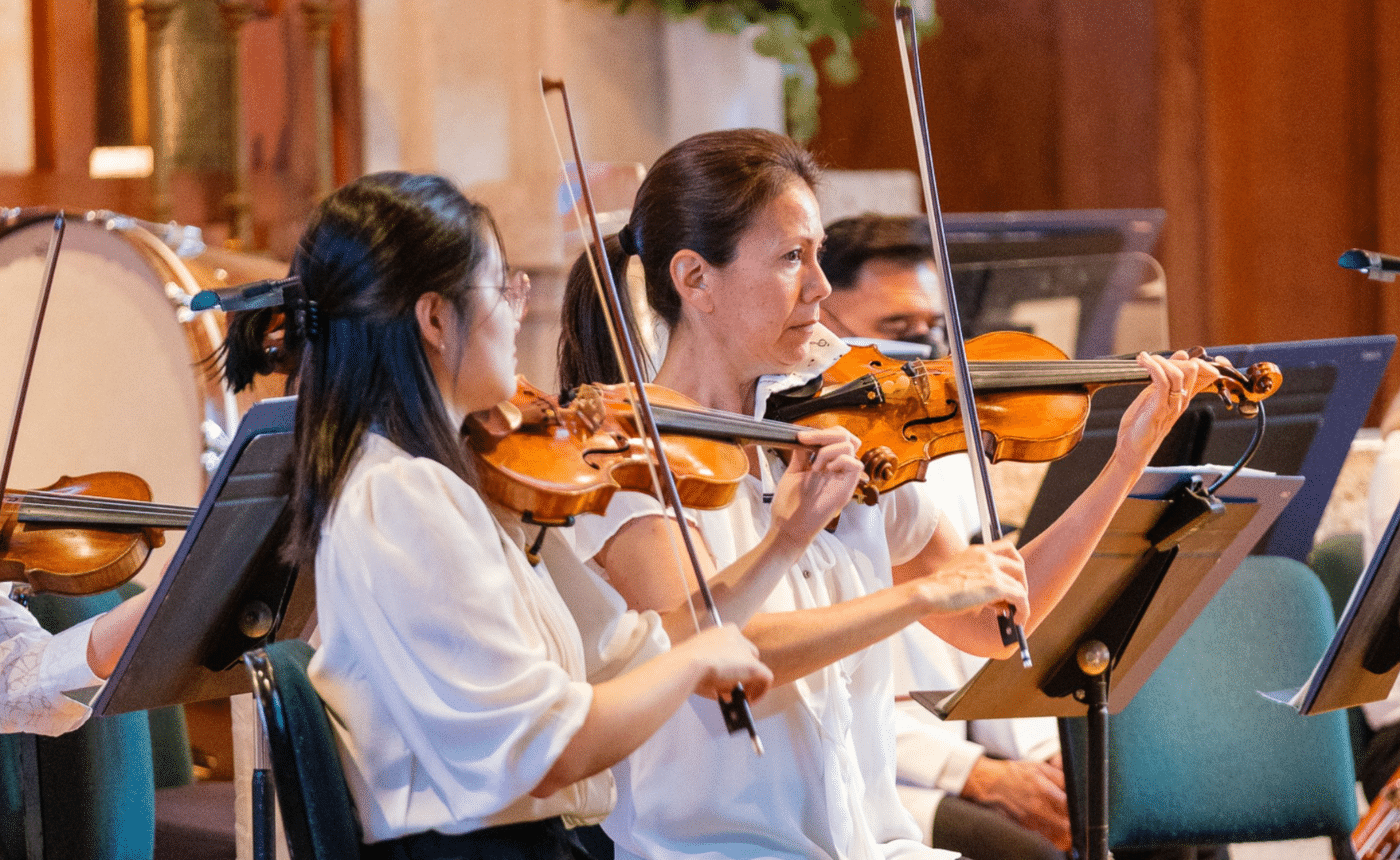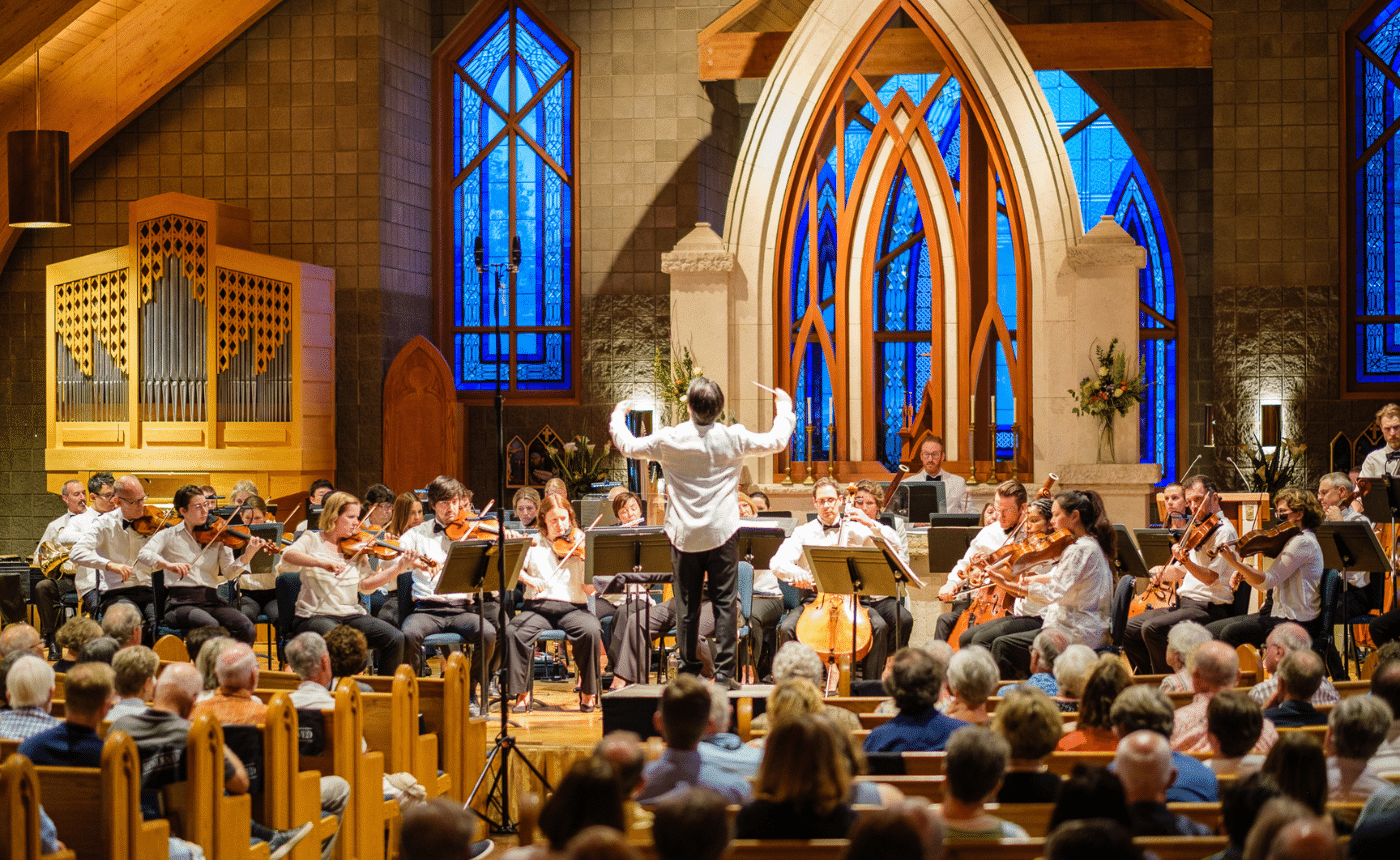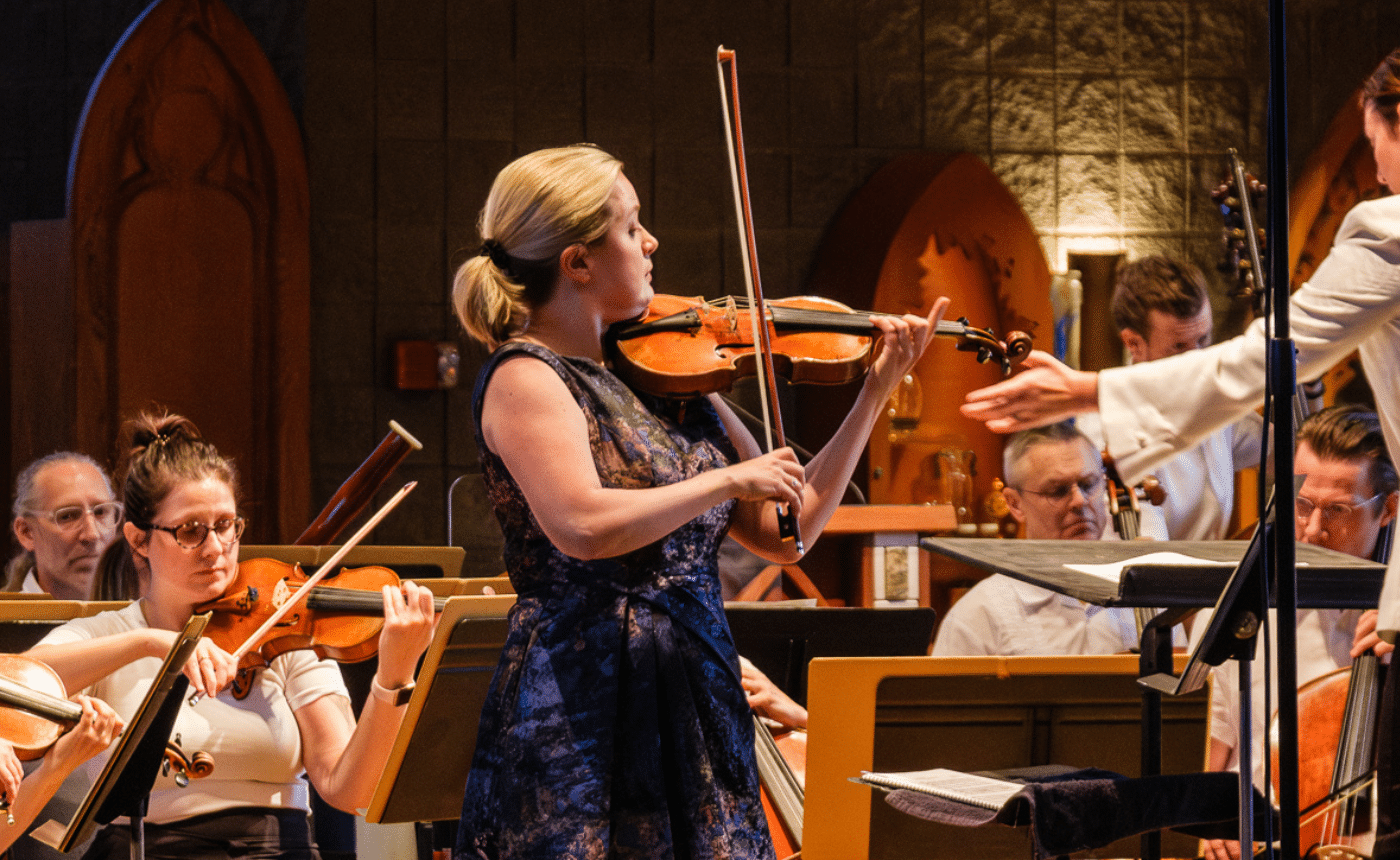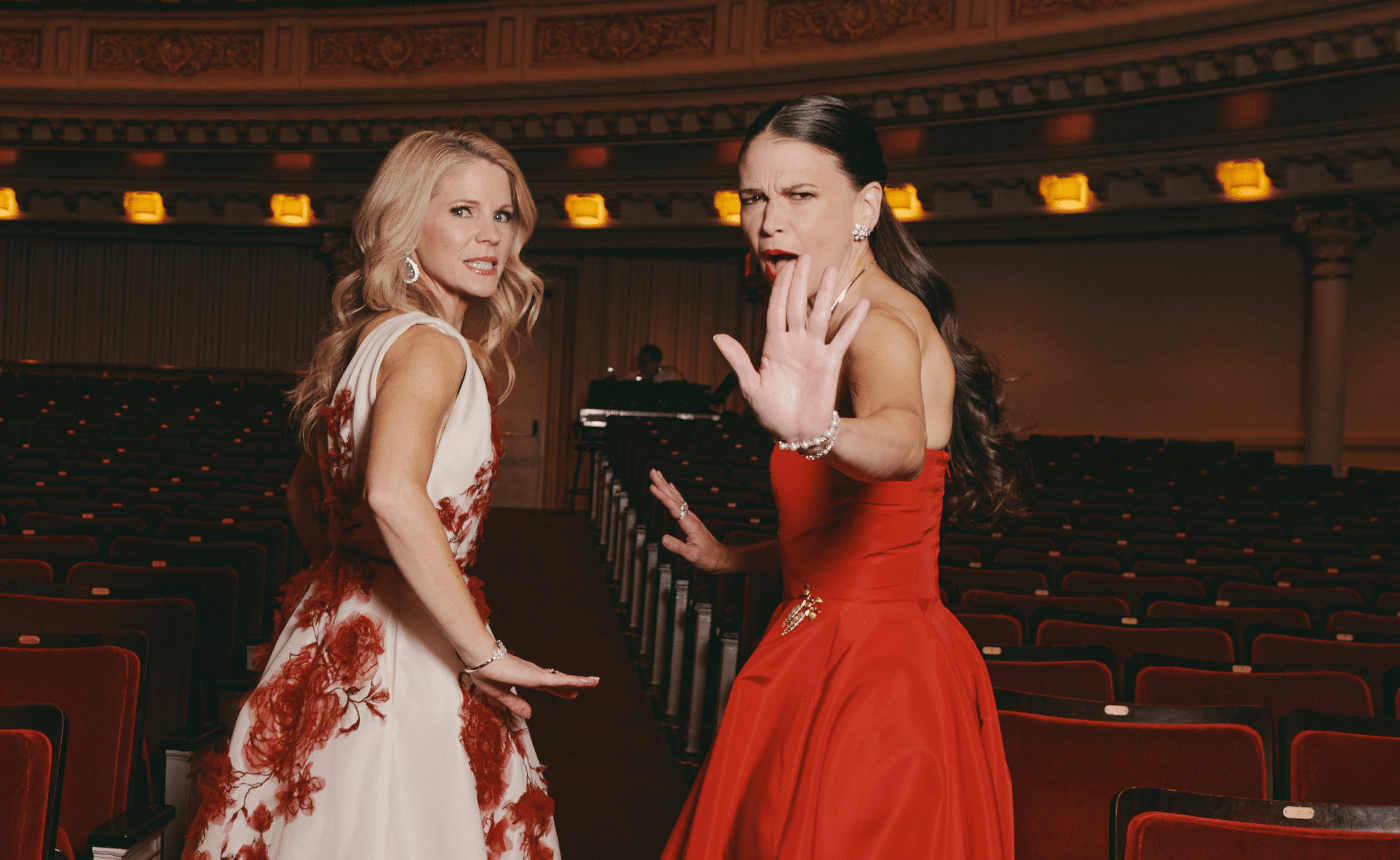Q & A with Michael Spyres – The Damnation of Faust

Describe the moment you first knew you wanted to be an opera singer?
I grew up in an extremely musical family. I was named after my uncle whose dream it was to become an opera singer but his life was tragically cut short buy a rare form of throat cancer before he ever achieved his goal. Our family sang together my entire life and performed in countless plays plus we have actually performed six Operas together. Everyone has made music their profession. My parents have both recently retired after 45 years teaching band, choir, and drama. My brother Sean Spyres and I have toured Japan together as well as recorded and performed operas in Germany and Austria and my sister Erica Spyres is a rising star of musicals and theatre in the Boston area. I always knew that I would do something involved with music but the moment that I had the vision of what my life would become was when I discovered Mario Lanza at 18. My family would play operas and even the records of Mario Lanza but I did not have an enormous interest until the life altering moment that I bought one of my very first Lanza cd and that is when I truly discovered what I wanted to do. My ears opened up that day and showed me that I wanted more than anything to make people feel what I had felt and I knew that Opera could incorporate everything into one profession.
How do you prepare for your roles in general? In specifics, how did you get into the mental perspective of being Faust?
firstly you have to do your homework! I got very much into the research for the role of Faust just this last year for the first time and it was an extremely memorable experience. I was directed by the famous film director and hero of mine since childhood, Terry Gilliam. This was his first time directing an Opera and just as you would expect from him it was captivating and extremely interesting as well as beautiful and moving. He set the Opera with the idea to capture the history of Germany from the late 1800’s to the mid 1900’s. His concept was eerily perfect for the libretto written half a century before his time setting. In Terry’s version Faust was a scientist who did not want to do anything with people but instead wanted to become a god among men with his knowledge and understanding of physics. Immediately when I heard Mr Gilliam’s idea I was struck by how much it paralleled the real life story of Fritz Haber which I became aware of from radiolab.org. Haber had one of the most Faustian lives that anyone has ever lived and if you do not know his story once you do you will understand Faust as a character. To me Faust represents our human condition and our desire for something outside ourselves and once I understood that the character became quite clear. Fortunately I am now becoming known for this beautiful role and have four different opportunities in the future to sing Faust and coincidentally one month after my debut in Salt Lake City I will again sing as well as record the role of Faust in London with the LSO Symphony under the baton of Valery Gergiev. I feel honored to have the opportunity to record this very special piece as it will actually be the first studio recording in over 10 years.
What is your favorite movement to sing and why?
my favorite movement would have to be the second act chorus and scene in which Faust sings one of the most beautiful choruses ever written. Faust laments over his lost days of youth and yearns for the simpler times of childhood. Berlioz captures so perfectly the moment of elation we all feel with the swelling of our emotions when we harken back in search of lost time. This moment more than any moves me in every fiber of my being and makes me so happy to be alive and doing what I do for a living.
What advice would you have for young singers looking to perfect their craft?
Practice and learn as much as you can from every possible source. Learn your languages, no excuses. You can always tell who actually has an emotional connection with the words and if you want to sing more than anything else in the world then do it. Spend most of your day experimenting with sounds and above all think about singing as much as possible. Immerse yourself in the world of thinking and learn everything you can. There is no excuse anymore with the great tool of the Internet and all of the amazing Recordings out there as well as books and free scores on the Internet. Think of how to have career as a singer and don’t think that you will make it when or if you sing at a specific house. Two of the greatest books for any performer to read are the biographies of Gene Wilder and Steve Martin and you will realize what kind of struggles they had to go through in order to become the people that they are today. Every legendary performer has succeeded more than the average person but they have also failed more than the average person and the secret to their success was to keep moving forwards.




